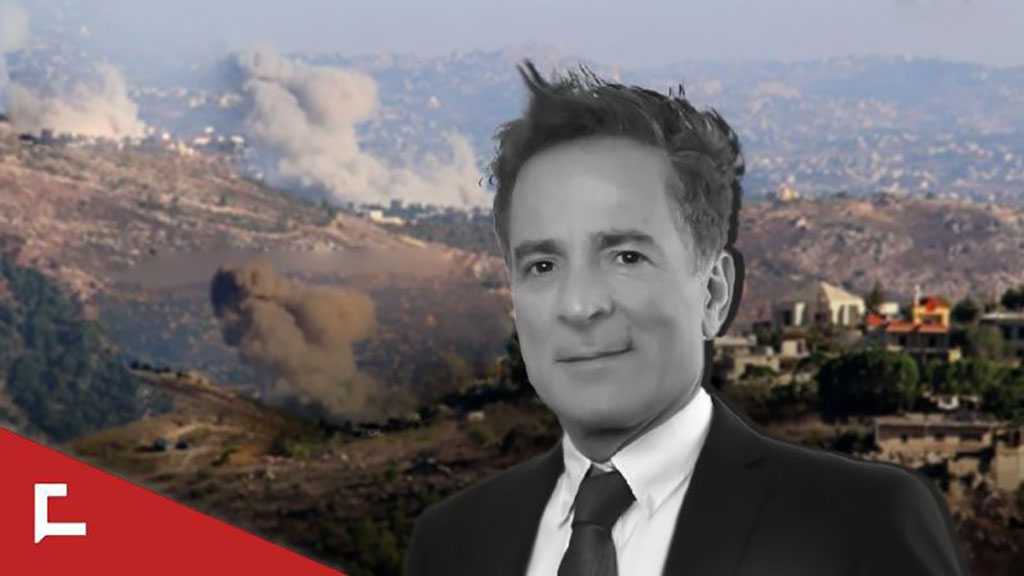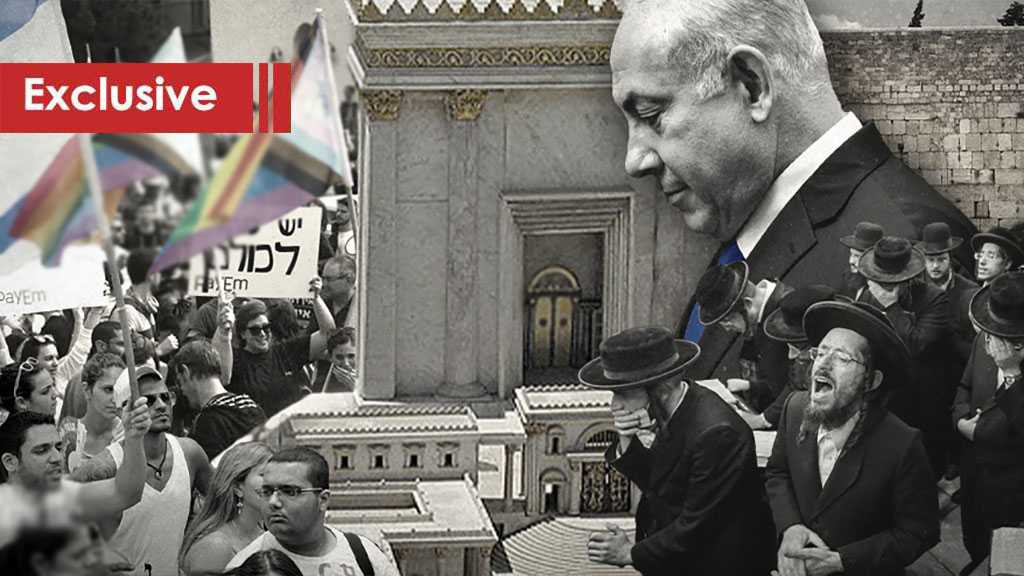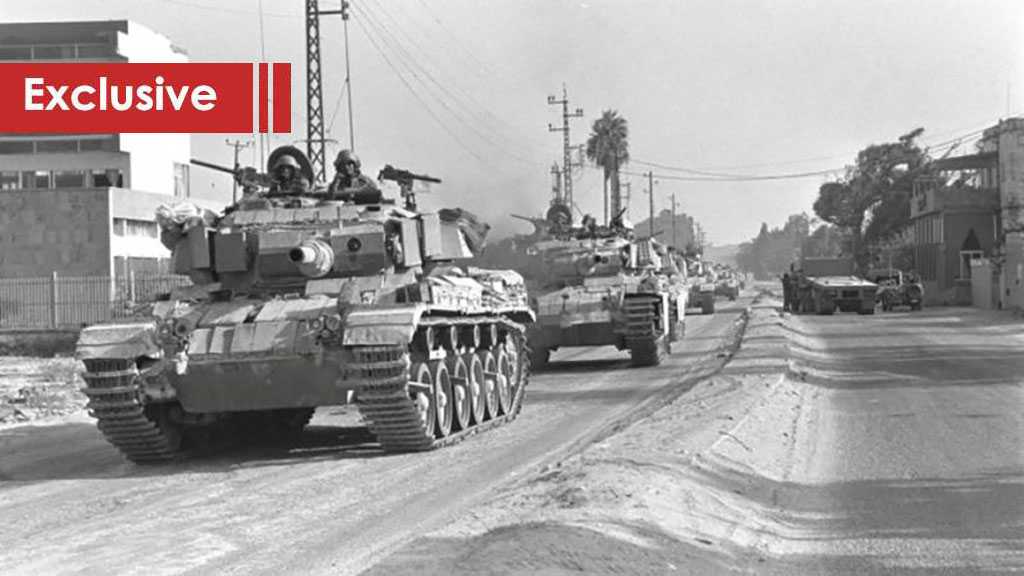Iraq: Bloodshed Everlasting Due to Political Crisis

Adel al-Jabouri – Baghdad
It is completely natural and expected to witness terrorist acts and tens of innocent victims in light of the current grave political crisis; when one crisis folds its pages, another pops up much more complicated and dangerous than its antecedent.
This is how an Iraqi security and intelligence expert commented on a “al-Ahed” website question on his opinion towards the recent series of terrorist acts, striking Kirkuk, Baghdad, Karbala, Salah ad-Dine, and Mosul. This came as bombs continue targeting political and tribal figures in Ramadi and Mosul.
The terrorist bombings that took place last Wednesday and Thursday in these cities focused on political party headquarters, civil gatherings, and military patrols, chiefly two of the Kurdish Democratic Party’s complexes in Kirkuk.
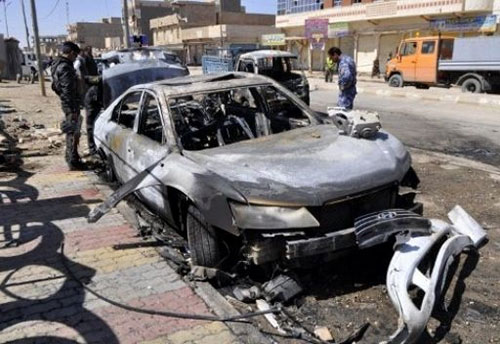
The bombings resulted in over 300 martyrs and wounded, probably the bloodiest in Kirkuk and Karbala, which reflected the sensitive political crisis in Iraq on one hand, and the terrorist groups’ ability to breach the security and military bodies’ infrastructure on the other. This meant that these groups were able to reach areas that were considered safe and secure, as in Karbala’s bombings that took place in Maitham at-Tamar Street, near Imam Hussein and al-Abbas’s (PBUT) Shrines.
Moreover, other terrorist acts targeted political and tribal figures. On Monday evening, the Iraqi MP Ifan al-Issawi was assassinated in a bomb on his convoy in Fallujah city, which witnessed anti-governmental protests for several weeks.
A day before the assassination, an armed group attacked Sheikh of al-Jabour tribe, Mohammad Taher. The latter had headed a political organization and announced his candidacy to the Provincial Council Elections due April 20. Despite this, Taher was a strong supporter of demonstrators’ demands to annul the Accountability and Justice Law.
There is no doubt that these dangerous and worrying movement extended beyond the political backstage to open the doors on all dire possibilities. This drove religious figures to directly intervene and contain the crisis.
For instance, the Imam of Sacred Karbala’s Mosque, Sayyed Ahmad al-Safi warned of the seriousness of Iraq’s condition, underscoring, “Terrorism attacks innocent people of [Iraq], whether through targeting MPs, gatherings, or innocent people in several areas of the country, such as Kirkuk, Salah ad Dine, Karbala, and Babylon.”
“People must acknowledge the threat behind this situation, that must be seriously handled as these operations definitely intended to drag the country towards unfavorable repercussions,” he mentioned.
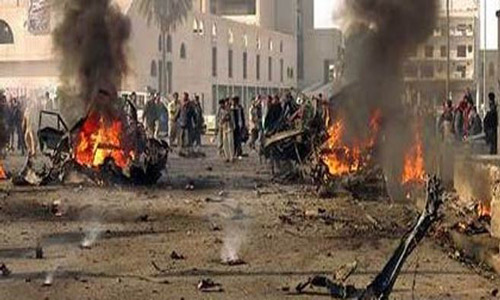
Likewise, Martin Kobler, the UN Secretary General’s Special Representative in Iraq, expressed concern by stating, “What particularly worries me is that attacks on the areas of conflict will only increase tension there.”
He further urged all Iraqi leaders “to work without delay to sooth the situation and participate in peaceful dialogue.”
However, Aref Tayfour, Deputy Speaker of the Iraqi National Assembly, accused what he described as al-Qaeda and Baath remains of messing with Iraq’s security by shedding innocent blood in a desperate attempt to create a state of horror and tension.
It is worth mentioning that military and security analysts and officials expected more terrorist acts weeks before, due to the increase of nationalism and sectarianism. Indeed, the recent period witnessed escalation in terrorist acts, especially in the areas of conflict between Kurds, Arabs, and Turkmen, as well as in the cities that are known for the diversity of its national and sectarian social structure.
Source: al-Ahed News, Translated and Edited by moqawama.org

